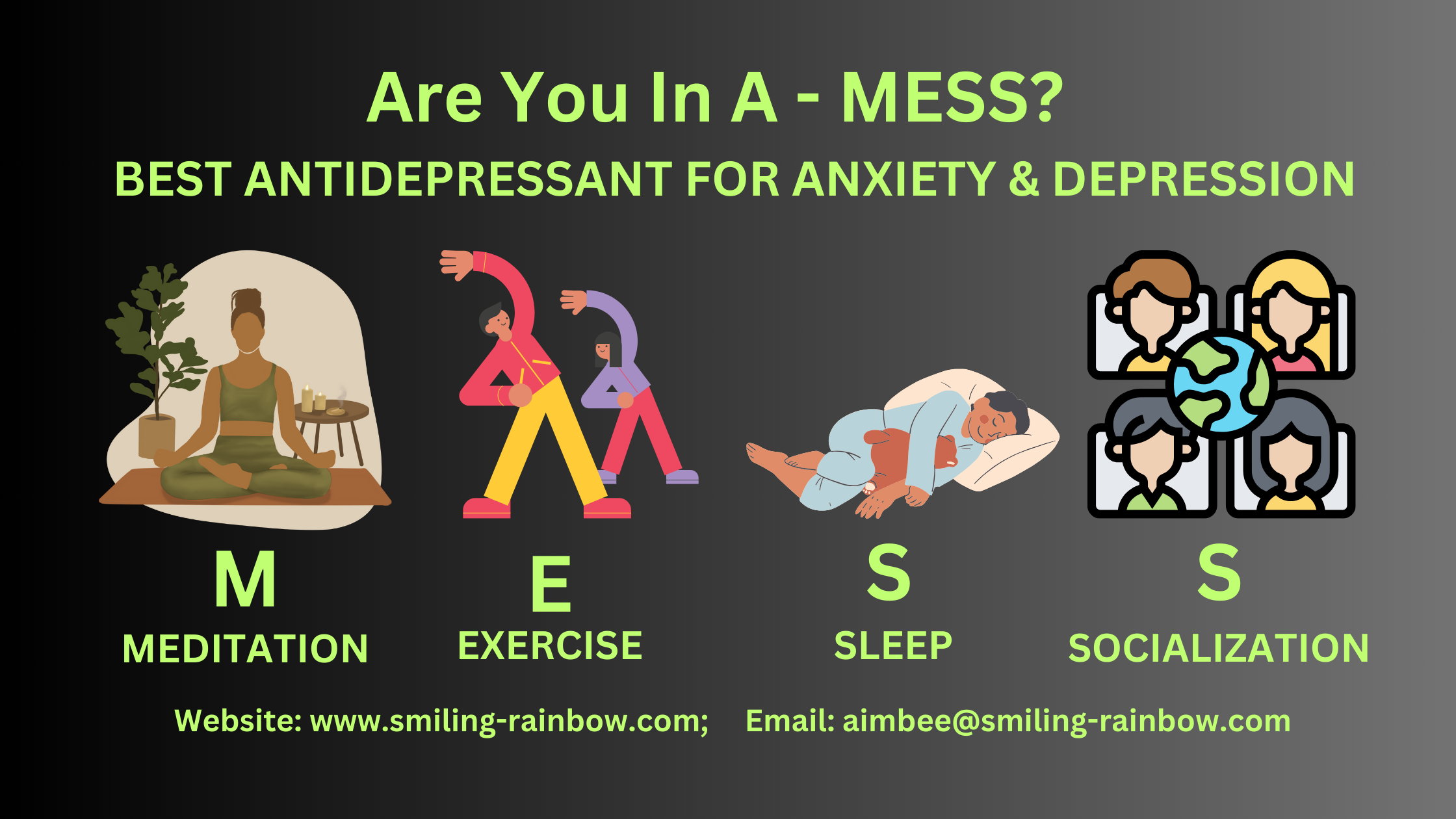
Relationships are meant to be sources of joy, support, and growth, but sometimes, they can turn toxic. Recognizing the signs of toxicity is crucial for maintaining emotional well-being and fostering healthy connections. Every week we receive many calls from people dealing with toxic partners. As a counselor, I try to identify all the key signs of a toxic relationship. What are the key signs that a relationship is toxic? Based on my own observation I have noted down 6 key signs of a toxic relationship. Take a look in the following section to identify a few key signs that a relationship is toxic. In this blog, we will explore six key indicators that may suggest a relationship is toxic.
1. No Respect For Your “Yes”:
One of the major toxic relationship signs is absolute disregard for your every “yes”. If you prefer to go North then your partner will make it a target to go Southward, no matter what. This can manifest as constant arguments, constant disagreement, passive-aggressive behavior, or silent treatment. Even if that means unnecessary discomfort between you two or something more serious, despite that their behavior never changes. You might be wondering what they get by doing so, but the answer is simple. They are toxic. Do you observe such kinds of constant disregard from your partner? If so, then you are doomed.
2. No Respect For Your “No”:
Just like your every “Yes” your partner also does not acknowledge your any “No”. Effective communication is the cornerstone of any healthy relationship. In toxic relationships, however, communication often breaks down or becomes toxic itself. Healthy communication involves expressing feelings, active listening, and finding solutions together seem impossible. If communication in your relationship is marked by avoidance, hostility, or an unwillingness to address issues, it’s a clear sign of toxicity.
3. Control and Manipulation:
Toxic relationships often involve an imbalance of power, with one partner seeking to control the other. Control can take various forms, including manipulation, gaslighting, and imposing unrealistic expectations. Another way of control and manipulation is the constant threat of abandonment. If you feel like you are constantly walking on eggshells, have to justify your actions, or are made to feel guilty for expressing your needs and desires, these are signs of a toxic dynamic. Healthy relationships thrive on mutual respect, trust, and the freedom to be oneself.
4. Lack of Personal Growth:
A healthy relationship should support the personal growth and development of both partners. In a toxic relationship, personal growth is often stifled. This can happen when a partner is overly critical, dismissive of your goals, or actively undermines your aspirations. Are you constantly sacrificing your dreams, passions, or self-esteem for the sake of the relationship? Are you constantly wasting time for an uncertain future? Are you constantly chasing apparent unattainable goals in fear of losing something great? Then, it’s time to reevaluate whether the dynamic is toxic.
5. Constant Feelings of Draining Emotional Turmoil:
Toxic relationships are characterized by a consistent emotional rollercoaster. Partners may experience extreme highs and lows, with intense periods of affection followed by explosive conflicts. This emotional turmoil can lead to stress, anxiety, and a general feeling of instability. Healthy relationships involve emotional security, where partners feel safe expressing themselves without fear of judgment or reprisal.
6. Repeated Boundary Violations:
Respecting boundaries is essential for maintaining a healthy relationship. In toxic dynamics, boundaries are often ignored or deliberately crossed. This can manifest as a partner invading your personal space, disregarding your need for alone time, or engaging in behaviors that make you uncomfortable. Asking for your login ID and password to monitor your activity. Recognizing and enforcing boundaries is crucial for maintaining a sense of autonomy and self-respect within the relationship.
Identifying signs of toxicity in a relationship is the first step toward fostering positive change. It’s important to remember that toxicity can manifest in various ways, and each relationship is unique. If you recognize multiple signs mentioned here, it might be time to evaluate the overall health of your relationship and consider seeking professional guidance. Ultimately, prioritizing your emotional well-being and cultivating healthy connections is essential for a fulfilling and satisfying life.
One of the most evident signs of a toxic relationship is the presence of persistent negativity. If interactions with your partner consistently leave you feeling drained, anxious, or unhappy, it’s a red flag. Toxic relationships are characterized by a lack of positive communication, emotional support, and encouragement. When negativity becomes the dominant force in a relationship, it can hinder personal growth and create a toxic cycle that is difficult to break.
























